
Artificial Intelligence is reshaping the way organizations manage their most valuable asset — people . From recruitment and onboarding to performance reviews and employee engagement, AI in HR offers powerful tools to automate repetitive tasks, reduce bias, and improve decision-making.
One of the most impactful uses of AI in HR is in recruitment and talent acquisition . AI tools can help:
- Screen resumes quickly and efficiently
- Match candidates to job descriptions using NLP (Natural Language Processing)
- Conduct initial interviews via chatbots or video analysis
- Reduce unconscious bias by focusing on skills and experience
Popular platforms like HireVue , Paradox , and HR SaaS systems with AI features allow HR teams to automate candidate filtering and interview scheduling — freeing up time for deeper human interactions.
🧠 Pro Tip: Use AI to prioritize top talent based on role-specific criteria like soft skills, cultural fit, and past performance indicators.
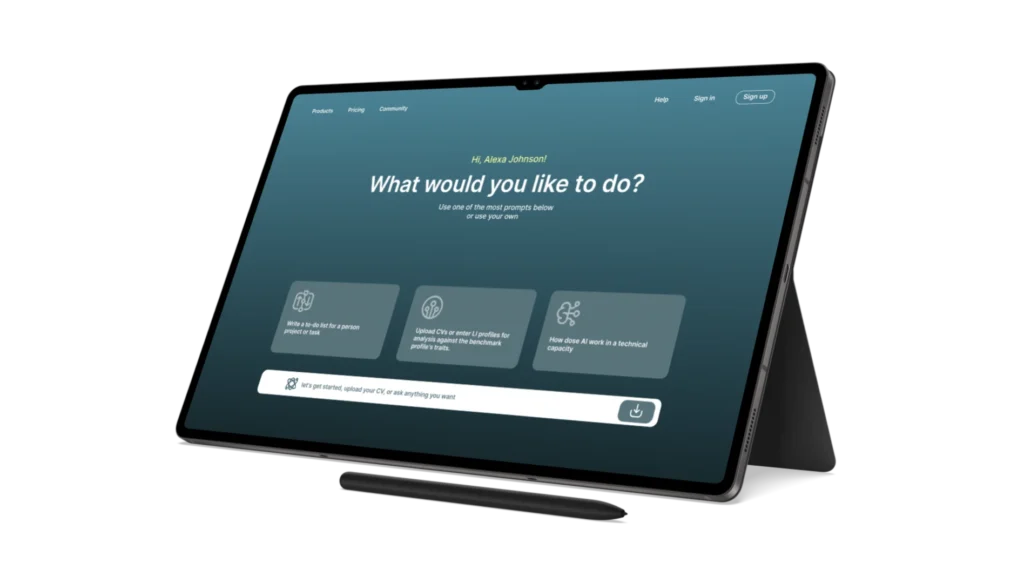
AI is also transforming the onboarding process , making it more personalized and efficient. With AI-powered onboarding assistants:
- New hires receive automated welcome messages and training schedules
- Common HR questions are answered instantly via chatbots
- Employees get guided tours of company policies, tools, and workflows
This ensures a smoother transition into the company and reduces the workload on HR staff.
AI helps HR departments go beyond guesswork by offering real-time insights into employee behavior, performance, and sentiment . Through people analytics and sentiment analysis:
- Identify flight-risk employees before they leave
- Understand team morale through internal communications
- Track KPIs and productivity trends across departments
Tools like Workday , SAP SuccessFactors , and IBM Watson Talent offer AI-driven dashboards that help HR leaders make informed decisions about retention, development, and organizational health.
Many HR processes — from answering FAQs to updating records — can be automated using AI chatbots and virtual assistants . These tools:
- Handle routine inquiries like PTO balances, benefits enrollment, and payroll dates
- Provide 24/7 support to employees without needing HR intervention
- Learn from past interactions to improve accuracy over time
This not only improves employee satisfaction but also allows HR teams to focus on strategic initiatives rather than administrative tasks.
AI plays a key role in:
- Creating personalized learning paths based on employee roles and goals
- Recommending training content from internal or external sources
- Tracking skill development and suggesting upskilling opportunities
With AI-driven LMS (Learning Management Systems) like Docebo , Cornerstone OnDemand , or Udemy for Business , HR teams can ensure continuous learning and growth at scale.
Final Thoughts
Using AI in HR isn’t about replacing human connection — it’s about enhancing it. By automating repetitive tasks, reducing bias, and providing actionable insights, AI empowers HR professionals to focus on what truly matters: building better experiences, developing talent, and driving business success.
Ready to future-proof your HR strategy? Start integrating AI into your workflow today.
📷 Want more HR tech tips? Follow us for weekly updates on AI tools, HR software, and how to lead smarter in the digital age.
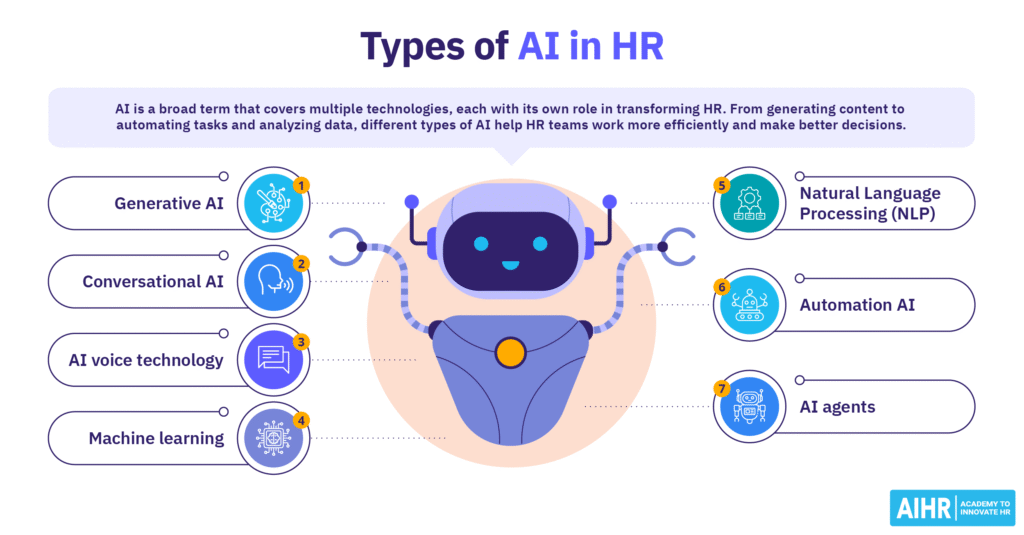
Frequently Asked Questions
Can AI replace HR professionals?
No — AI enhances HR work by handling repetitive tasks, but human judgment, empathy, and strategic thinking remain essential.
Is AI in HR ethical and secure?
When implemented responsibly, AI can reduce bias and increase fairness. Always ensure compliance with privacy laws like GDPR or CCPA when using employee data.
Do I need technical skills to use AI in HR?
Most AI HR tools are designed for non-technical users and integrate directly with existing HR platforms like Workday, BambooHR, or SAP.

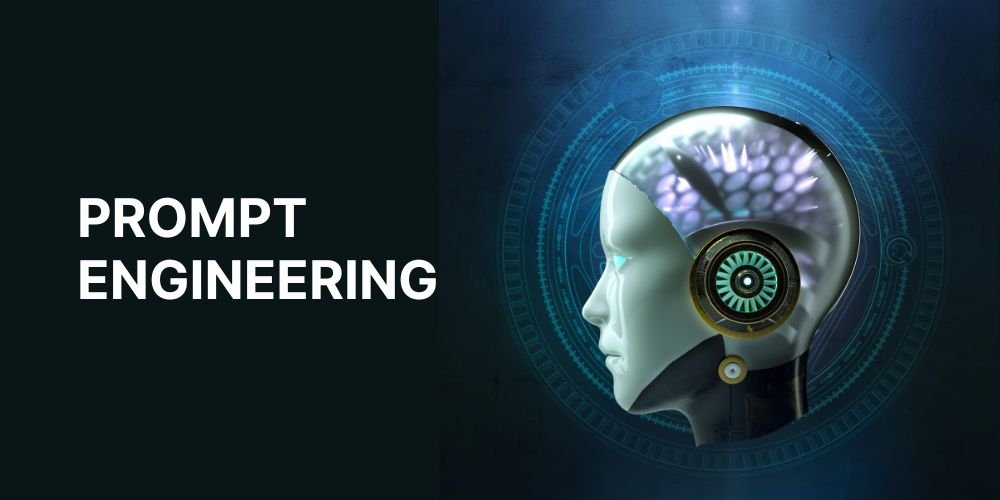

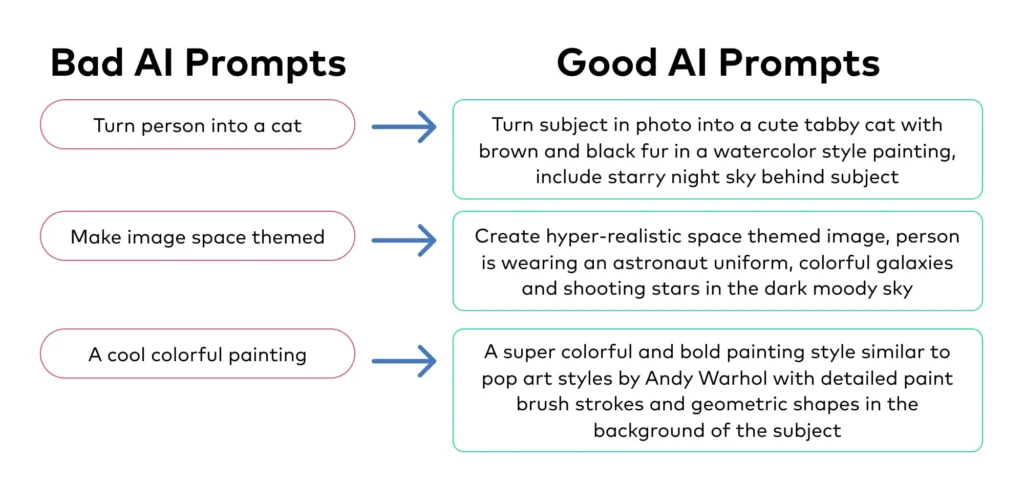

0 Comments